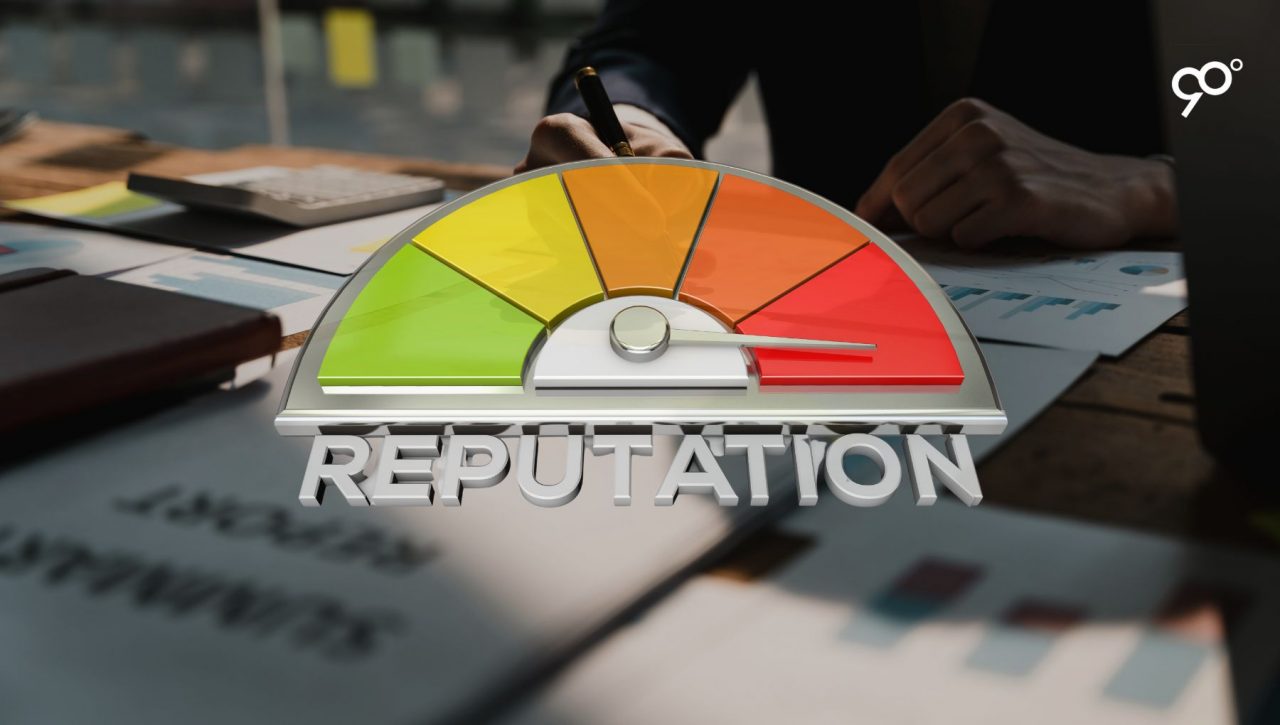
In today’s business landscape, a company’s financial performance is no longer the sole measure of success. Reputation has emerged as a critical asset that directly influences long-term profitability, growth, and sustainability. Often described as “the real bottom line,” reputation encompasses the trust, credibility, and goodwill a company earns from customers, employees, investors, and the broader community.
The Power of Reputation
A strong reputation acts as a competitive advantage. It attracts loyal customers who are willing to pay a premium, draws top talent eager to work for a respected employer, and instills confidence among investors and partners. Conversely, a damaged one can lead to lost sales, employee turnover, legal challenges, and costly crisis management efforts.
It influences consumer behavior deeply; studies show that most customers consider brand trustworthiness and ethical practices before making purchasing decisions. In sectors like finance, healthcare, and technology, where trust is paramount, reputation can make or break a business.
Reputation and Financial Performance
Research consistently links positive reputation with better financial outcomes. Companies with strong reputations typically enjoy higher stock valuations, greater resilience during downturns, and enhanced ability to enter new markets. This correlation stems from the fact that trust reduces transaction costs, fosters customer loyalty, and supports premium pricing.
Moreover, good reputation mitigates risks by providing a buffer during crises. When unexpected issues arise, organizations known for integrity and transparency often receive the benefit of the doubt, allowing quicker recovery.
Building and Protecting Reputation
It is earned over time through consistent actions aligned with company values. It requires excellence in product quality, customer service, corporate social responsibility, and ethical leadership. Transparent communication and accountability play vital roles in maintaining stakeholder trust.
Proactively managing reputation means monitoring public perception, responding swiftly to concerns, and engaging authentically with all audiences. It also involves preparing for potential crises with robust plans to minimize damage and demonstrate responsibility.
The Role of Employees and Culture
Employees are the key ambassadors. A positive workplace culture that empowers and respects staff translates into better customer interactions and authentic brand representation. Companies investing in employee engagement and well-being often enjoy stronger reputations.
It is more than just public perception — it is a strategic business asset that impacts every facet of an organization’s success. In a world where information spreads instantly and stakeholders demand accountability, safeguarding it is essential to sustaining growth and achieving the true bottom line. Organizations that prioritize reputation build trust that fuels enduring profitability and resilience.
Follow Ninety Degrees PR Solutions on LinkedIn for more public relations and communication related articles.







